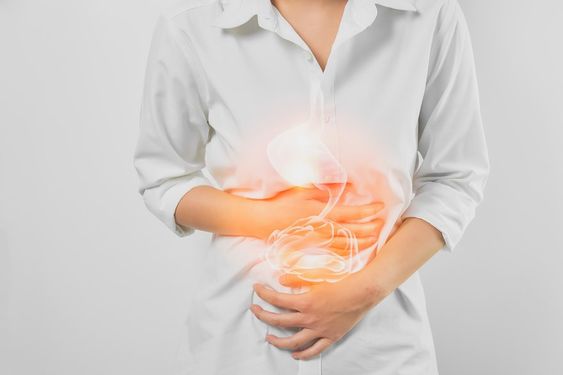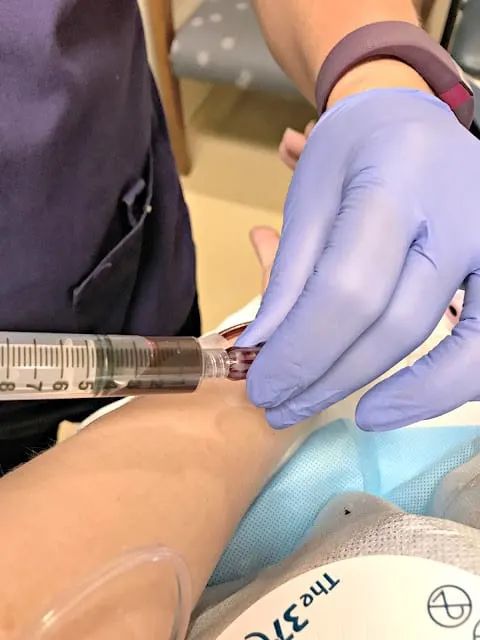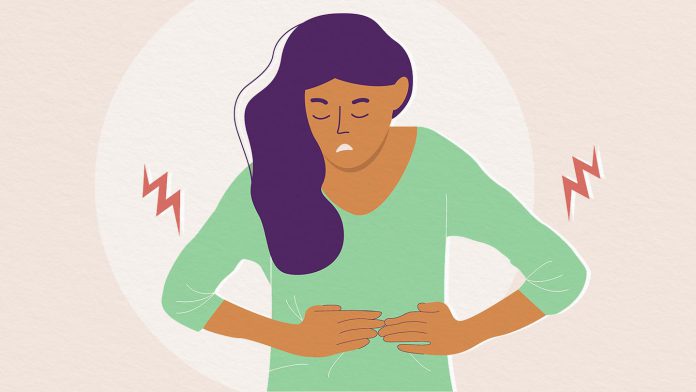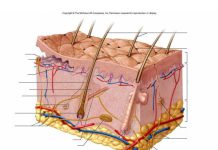KevinDailyStory.com – People who have gas pain often have other underlying health conditions. The gastrointestinal system includes the mouth, esophagus, small and large intestine, colon, anus, and rectum. Symptoms of gas pain can be similar to those of appendicitis, gallstones, or heart disease. The National Institute of Diabetes and Digestive and Kidney Diseases explains the basics of gas pain.
Several causes of abdominal pain

Some people have abdominal pain due to Crohn’s disease, which affects the colon and small intestine. The condition can cause abdominal bloating and cramping and alter bowel habits. Other causes of abdominal pain are infection, a reaction to a medication, or food poisoning. Mild pain can also be caused by flatulence or gallstones, which are stones that form in the gallbladedder due to increased cholesterol in bile.
If abdominal pain persists for a week or more, or if you experience bloating or diarrhea, see a doctor. If the pain persists, you should take a trip to the emergency room. Symptoms may include back pain, a sore throat, and cramps in the lower abdomen. Diarrhea and vomiting may also accompany abdominal pain. A doctor should diagnose the cause of the pain.
Doctors can prescribe medication for the underlying condition

If you continue to experience gas pain despite following a healthy diet and lifestyle, visit a doctor. Doctors can order additional diagnostic tests or prescribe treatment for an underlying condition. However, there are simple lifestyle changes and dietary measures that can alleviate the discomfort. Further, over-the-counter medications may help alleviate gas symptoms. It is important to note that treating the underlying cause will often lead to permanent relief.
Your doctor may perform a simple X-ray to confirm whether you have excessive gas. An X-ray of the abdomen will show large amounts of air. The location of the gas accumulation suggests the underlying cause of the pain. Intestinal obstruction, a splenic flexure syndrome, or intestinal blockage can also cause abdominal distention. If you suffer from chronic abdominal bloating, your doctor will likely recommend some treatment options.
Blood tests can help identify any underlying health condition

In some cases, intestinal gas can be the source of the discomfort. This condition is caused by intestinal problems, such as a bacterial infection. In some cases, medications can impede bowel movements. Blood tests can also help identify underlying health conditions. If the symptoms are persistent and unresponsive to treatment, your doctor may recommend a test to rule out any serious conditions. If you have chronic gas pain, your doctor may prescribe a natural medicine, like alpha-galactosidase or lactase enzymes.
Another possible cause of gas is an imbalance in the bacteria in the large intestine. Some foods, like some types of vegetables and fruits, cannot be properly digested, and will therefore cause gas. People who consume large amounts of certain foods or beverages may have more difficulty breaking down the carbohydrates in their bodies. Therefore, it is important to keep a food diary to track what foods cause gas. The best way to avoid eating certain foods may include limiting the amount of time you spend chewing gum, or wearing loose dentures.
Best treatment for gas pain

The best treatment for gas pain is not medication, but it may be necessary if it persists for a long time. If you have a lot of gas, you should visit your doctor as soon as possible. A doctor can pinpoint the cause and help you get back on your feet and feeling normal again. If you don’t feel better after a few days of treatment, you should seek medical help. If you’re not able to find relief after home remedies, your doctor can recommend a surgical treatment.
To relieve abdominal pain, try to break up your meals. Avoid eating large meals, especially if you’re overweight, as this could increase your risk for abdominal pain and gastric problems. Also, make sure to chew your food thoroughly. This will reduce the chances of abdominal pain and indigestion. For those with chronic abdominal pain, a heating pad may help. For severe stomach pain, a doctor may prescribe antibiotics.






